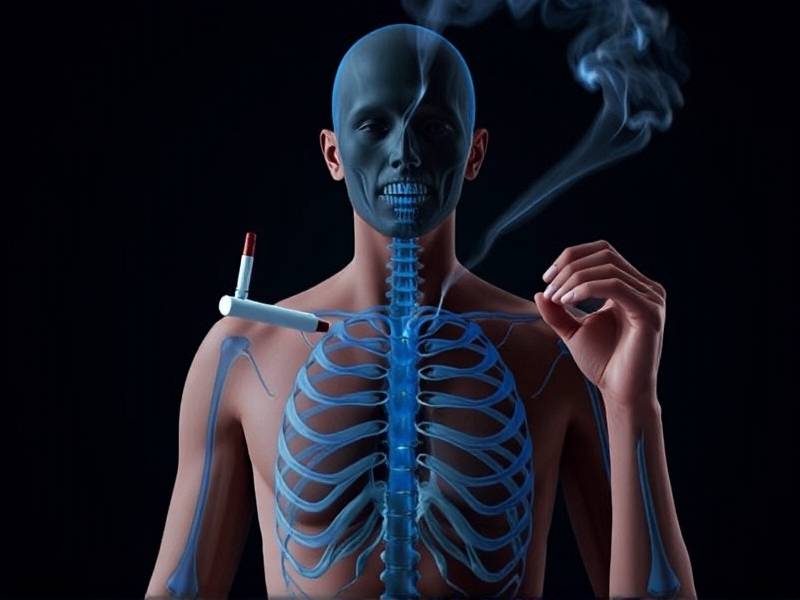How Long Does It Take for the Body to Recover After Quitting Smoking?
The Journey to Recovery: Understanding the Body's Response to Smoking Cessation
Introduction: The decision to quit smoking is a monumental step towards a healthier life. However, many individuals are often apprehensive about the recovery process and how long it will take for their bodies to bounce back. This article delves into the timeline of physical recovery after quitting smoking, providing insights into the remarkable changes that occur within the body.
I. Immediate Benefits of Quitting Smoking

A. Improved Oxygen Supply Within minutes of quitting, your blood pressure and heart rate start to decrease, leading to improved oxygen supply to your body's tissues.
B. Enhanced Taste and Smell Within hours, your senses of taste and smell begin to return, allowing you to fully appreciate the flavors of food and beverages.
II. Short-Term Recovery: Weeks 1-3
A. Increased Energy Levels During this phase, you may notice an increase in energy levels as your body starts to heal from the damage caused by smoking.
B. Reduced Risk of Heart Disease Your risk of heart disease begins to decrease within weeks after quitting smoking, as your blood vessels start dilating and improving circulation.
III. Medium-Term Recovery: Weeks 4-12

A. Improved Lung Function After a few months, your lung function starts improving significantly, making breathing easier and reducing shortness of breath during physical activities.
B. Reduced Risk of Stroke The risk of stroke also begins decreasing during this period due to improved blood flow throughout the body.
IV. Long-Term Recovery: Years 1-5
A. Reduced Risk of Cancer Over time, your risk of developing various types of cancer decreases as your body repairs damaged cells.
B. Improved Immune System Function Your immune system becomes stronger with each passing year after quitting smoking, leading to a reduced risk of infections and diseases.
V. Ongoing Benefits Beyond Year 5
A. Continued Improvement in Health As time goes on, the benefits associated with quitting smoking continue to grow, leading to an overall improvement in quality of life.
B. Reduced Risk for Future Complications Long-term non-smokers have a significantly lower risk for developing chronic diseases such as chronic obstructive pulmonary disease (COPD) and cardiovascular diseases.
Conclusion: The journey towards recovery after quitting smoking is a gradual process that requires patience and dedication. By understanding the timeline of physical recovery, individuals can stay motivated and focused on achieving long-term health benefits. Remember that every puff counts – take that first step towards a smoke-free life today!
